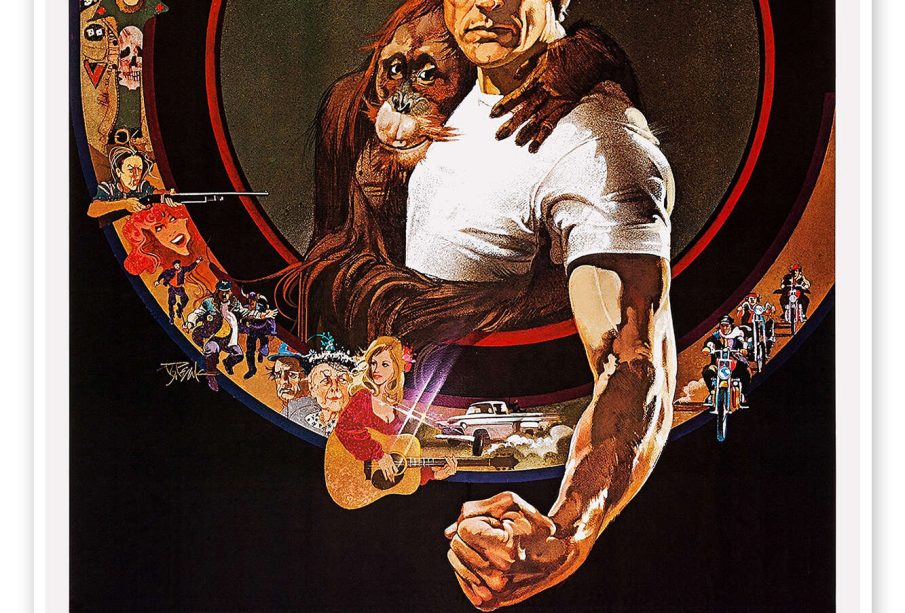The Legacy of Clint Eastwood: A Look at His Storied Career

Introduction
Clint Eastwood is a name synonymous with cinematic excellence. As both an iconic actor and acclaimed director, Eastwood has shaped the film industry over several decades. His impact on Hollywood and popular culture is significant, marked by groundbreaking performances and directorial ingenuity. Understanding Eastwood’s contributions helps illuminate the evolution of American cinema and its cultural reflections.
Eastwood’s Early Career
Born on May 31, 1930, in San Francisco, California, Clint Eastwood began his journey in show business with a role in the TV series ‘Rawhide’ in the late 1950s. However, it was his role as the ‘Man with No Name’ in Sergio Leone’s Spaghetti Western trilogy that launched him into stardom. Films such as ‘A Fistful of Dollars’ and ‘The Good, the Bad and the Ugly’ became genre-defining, showcasing Eastwood’s tough-guy persona.
Transition to Directing
In the 1970s, Eastwood transitioned from acting to directing, first taking the helm on ‘Play Misty for Me’ in 1971. His directorial style emphasised realism, character depth, and moral ambiguity, making films like ‘Unforgiven’ (1992) not only critical successes but also integral to the Western genre’s resurgence. The film earned him two Academy Awards, marking a pinnacle in his dual career as both actor and director.
Continued Relevance
Eastwood’s filmography spans over six decades with notable films including ‘Mystic River’, ‘Million Dollar Baby’, and ‘Gran Torino’. His work continues to resonate with audiences today, as seen with his recent films like ‘Richard Jewell’ which explores contemporary social issues. Eastwood’s ability to adapt and narrate complex stories remains a hallmark of his artistic journey.
Conclusion
Clint Eastwood’s legacy is profound, influencing generations of filmmakers and actors alike. As he continues to create and direct even into his nineties, his passion for storytelling endures. For fans and film enthusiasts, Clint Eastwood is not just a cinematic figure — he represents an era of filmmaking that challenges societal norms and presents authentic human experiences. As Hollywood continues to evolve, Eastwood’s contributions are pivotal in shaping the narratives we tell and the characters we cherish.









